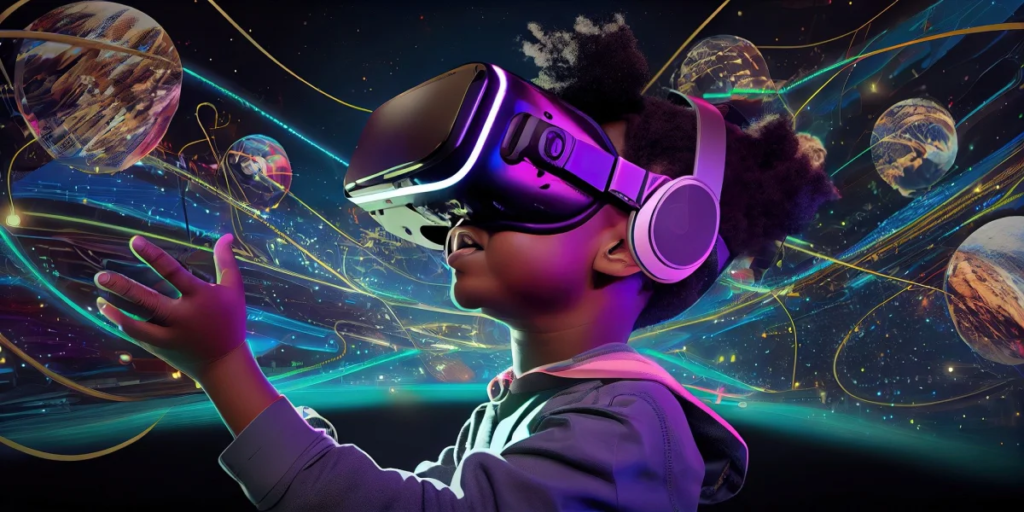The Rise of the Virtual World and its Impact on Human Connection
The Allure of the Virtual
The advent of the internet and the rise of social media have undeniably transformed how we interact and experience the world. While these technologies offer unprecedented access to information, communication, and entertainment, a concerning trend has emerged: an increasing number of people are becoming more deeply immersed in the virtual world than in the physical one. This shift in focus has profound implications for individual well-being and societal development.

The Appeal of the Digital Realm
One of the primary reasons for this phenomenon is the inherent appeal of the virtual world. Social media platforms, in particular, are designed to be highly engaging, constantly feeding users a stream of personalized content that reinforces their existing interests and biases. This curated experience can create a sense of belonging and validation that is often difficult to replicate in the real world, where social interactions are inherently more complex and nuanced.
Escaping Reality
Furthermore, the virtual world often provides an escape from the challenges of real life. For some, the pressure to succeed, the demands of work and family, or the anxieties of everyday life can feel overwhelming. The virtual world offers a temporary respite from these pressures, allowing individuals to construct idealized versions of themselves and engage in activities that are free from the constraints of the physical world.
The Cost of Excessive Online Engagement
However, this increasing reliance on the virtual world comes at a cost. Studies have shown that excessive time spent online can lead to a decline in mental and physical health, including increased rates of anxiety, depression, and loneliness. The constant exposure to curated content can distort our perception of reality, leading to unrealistic expectations and a diminished capacity for empathy and critical thinking. Moreover, the erosion of real-world social connections can weaken community bonds and hinder our ability to form meaningful relationships.
Finding a Healthy Balance
Addressing this issue requires a multi-pronged approach. Firstly, it is crucial to promote digital literacy and encourage responsible technology use. This includes educating individuals about the potential risks of excessive online engagement and teaching them to critically evaluate the information they encounter online. Secondly, we need to foster a greater appreciation for the value of real-world experiences, such as spending time in nature, engaging in face-to-face interactions, and participating in community activities. Finally, policymakers and technology companies must play a role in creating a more balanced digital ecosystem, one that prioritizes human well-being and encourages meaningful online experiences.
In conclusion, while the virtual world offers numerous benefits, it is crucial to maintain a healthy balance between our online and offline lives. By cultivating a deeper appreciation for the richness and complexity of the real world, we can ensure that technology serves as a tool for enhancing our lives, rather than diminishing them.




















